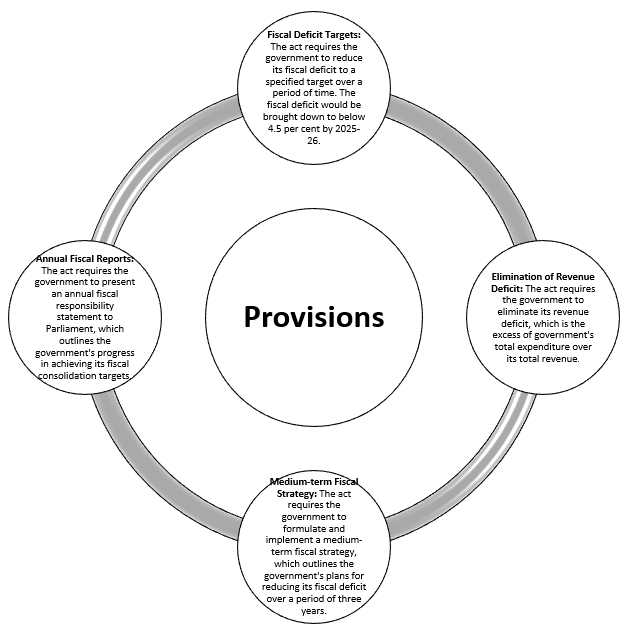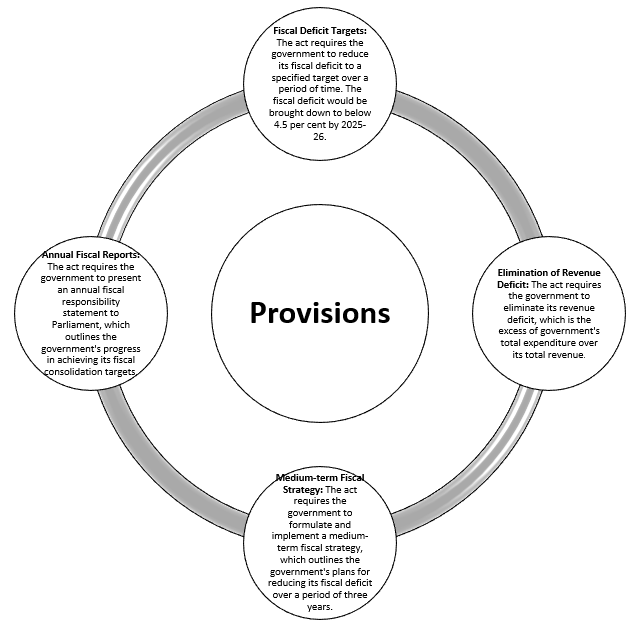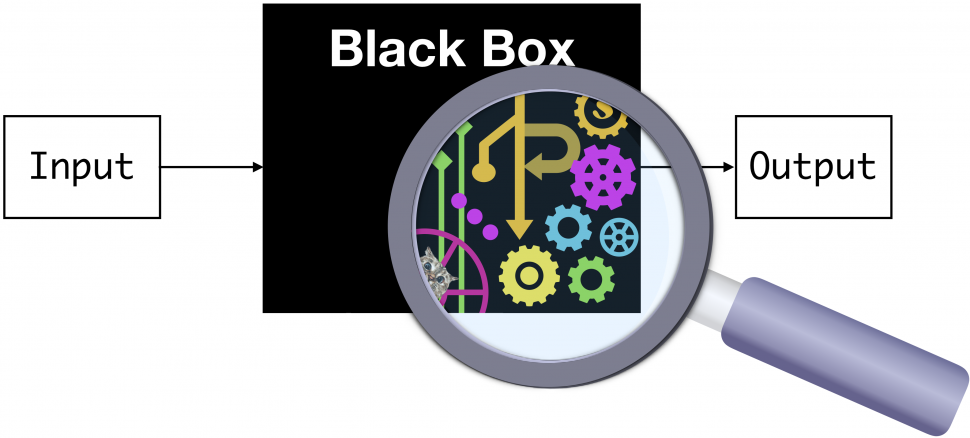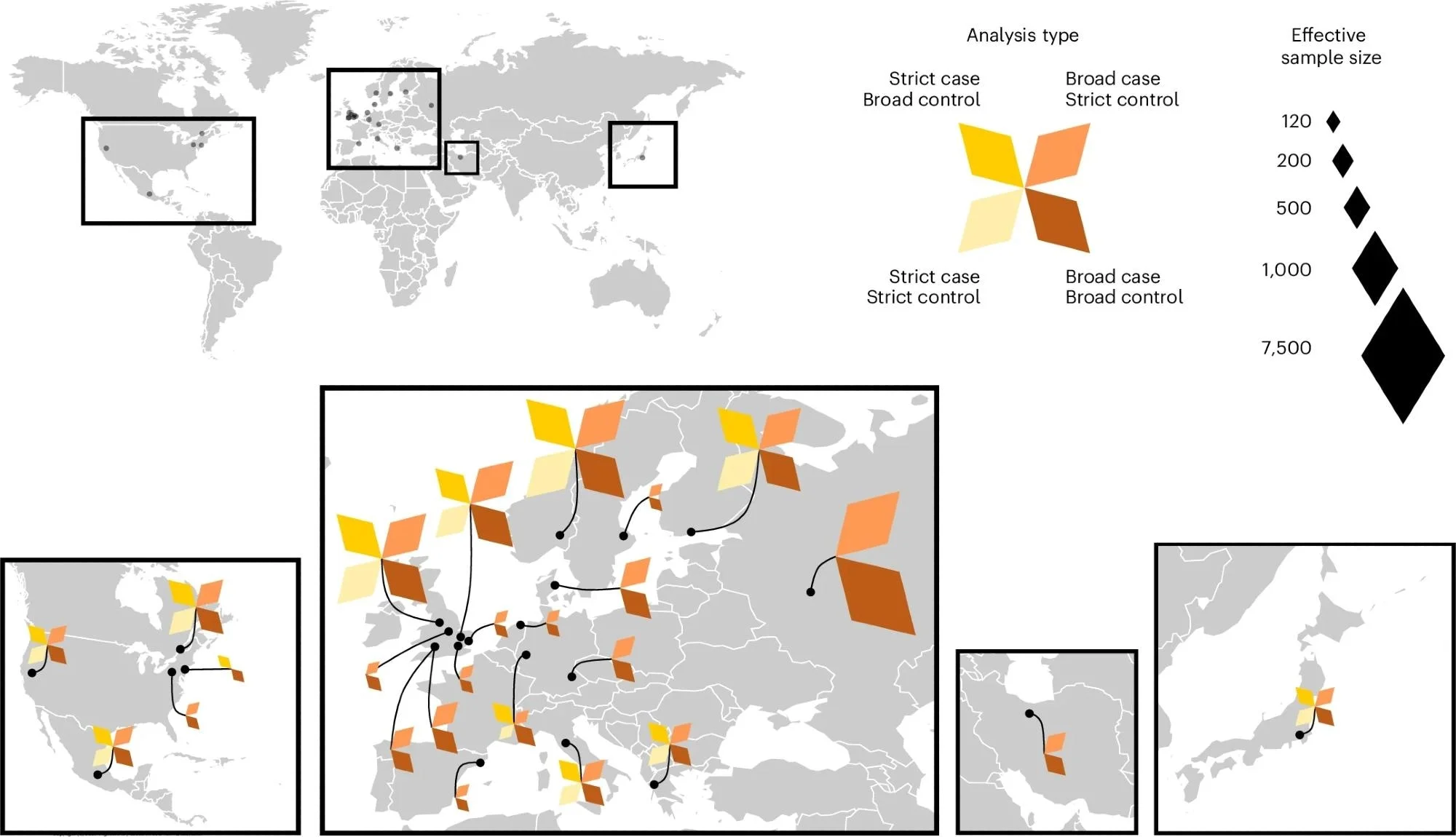- Courses
- GS Full Course 1 Year
- GS Full Course 2 Year
- GS Full Course 3 Year
- GS Full Course Till Selection
- Answer Alpha: Mains 2025 Mentorship
- MEP (Mains Enrichment Programme) Data, Facts
- Essay Target – 150+ Marks
- Online Program
- GS Recorded Course
- Polity
- Geography
- Economy
- Ancient, Medieval and Art & Culture AMAC
- Modern India, Post Independence & World History
- Environment
- Governance
- Science & Technology
- International Relations and Internal Security
- Disaster Management
- Ethics
- NCERT Current Affairs
- Indian Society and Social Issue
- NCERT- Science and Technology
- NCERT - Geography
- NCERT - Ancient History
- NCERT- World History
- NCERT Modern History
- CSAT
- 5 LAYERED ARJUNA Mentorship
- Public Administration Optional
- ABOUT US
- OUR TOPPERS
- TEST SERIES
- FREE STUDY MATERIAL
- VIDEOS
- CONTACT US
MEDIUM-TERM EXPENDITURE FRAMEWORK
MEDIUM-TERM EXPENDITURE FRAMEWORK
09-08-2023

Latest Context
As required under the Fiscal Responsibility and Budget Management (FRBM) Act of 2003, the Medium-Term Expenditure Framework (MTEF) statement cannot be released, according to the Ministry of Finance.
The ministry said that "unprecedented global uncertainties that may adversely affect medium-term projections" were the reason why the budgetary projections for 2024–25 and 2025–26 was not submitted to Parliament at the time the Union Budget was presented.
Why is the Ministry of Finance Unable to Release MTEF?
- Global headwinds and related risks have not changed significantly or favourably since the announcement of the Union Budget for FY 2023–24 in February.
- In light of the aforementioned factors, it follows that the medium-term estimates are unrealistic.
- The government must preserve fiscal management flexibility, the Finance Ministry said, to successfully manage external shocks and global uncertainty.
- For the government to have the necessary fiscal firepower to deal with unanticipated events that may develop during times of economic unpredictability, this flexibility is considered as being essential.
Facts about Medium-Term Expenditure Framework (MTEF)
- The MTEF statement specifies the risks and underlying assumptions, as well as a three-year rolling objective for expenditure indicators.
- Under Section 3 of the Fiscal Responsibility and Budget Management (FRBM) Act of 2003, this declaration is made in Parliament.
- The statement gives an estimate of expenditure in several different sectors, such as education, health, rural development, energy, subsidies, and pensions.
- The session after the one in which the budget is presented—typically, the monsoon session—is when this announcement is made.
- Expenditure Commitments: This statement was created after taking into account information/data from the government's other commitments as well as expenditure commitments spread across the various central ministries for salaries and pensions, major programmes, grants-in-aid for the development of capital assets, defence expenditure, interest payments, and major subsidies, among other things.
- Objective: To promote closer integration between the Union Budget and FRBM statements.
Fiscal Reduction and Management Act (FRBM)
- The FRBM Act, a law passed by the Parliament in 2003, aims to ensure fiscal restraint, accountability, and transparency in government spending.
- The legislation mandates that the government make sure that the revenue deficit, or the difference between total government expenditures and total receipts, is eliminated as well as that the fiscal deficit is minimised over time.
- The fiscal deficit was constrained at 3% of GDP.

-
Statements:
- Macro-Economic Framework Statement: The macroeconomic assumptions used to create the budget projections are outlined in great depth in the Macro-Economic Framework Statement. It comprises significant economic estimates and indicators that have an impact on spending and revenue choices. These presumptions aid in comprehending the economic environment in which the budget is put up.
- Medium-Term Fiscal Policy Statement: The goals of the government's medium-term fiscal policy are described in this part, along with the plans that will be used to attain them over a certain time frame (often the next three years). It emphasises the desired course of fiscal policy, the justification for fiscal aims, and how these targets fit with more general economic objectives.
Conclusion
The government's capacity to efficiently manage its budgetary resources serves as a critical buffer against possible economic shocks as India continues to navigate a complicated global terrain.
Must Check: IAS Coaching Centre In Delhi



